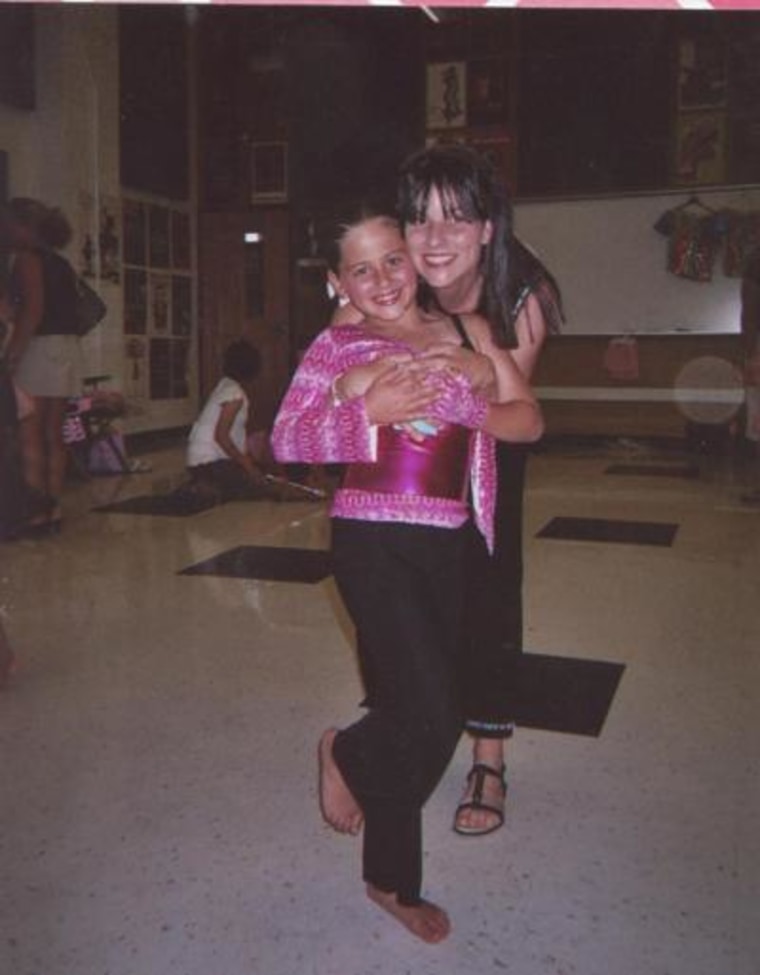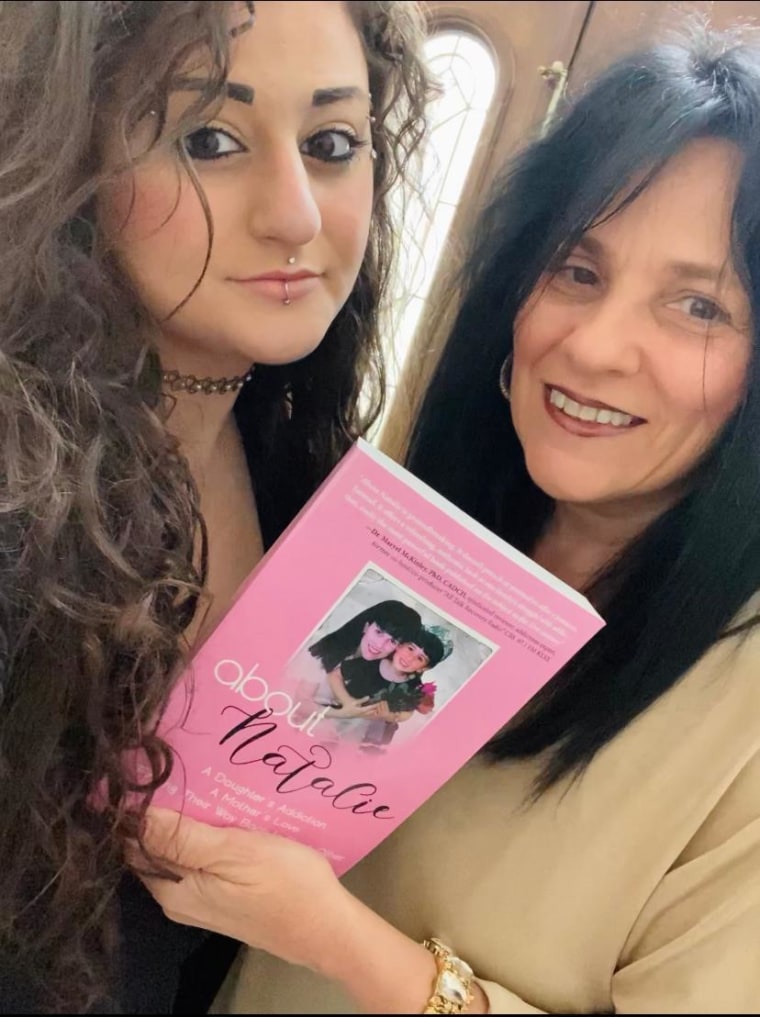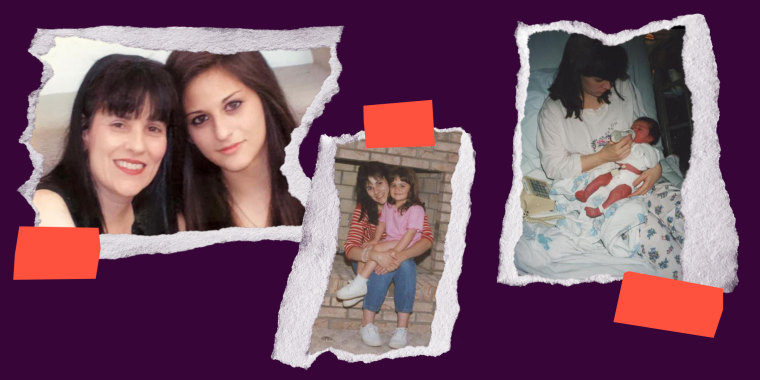The day that my then 15-year-old daughter, Natalie, got caught with heroin at school was the day that my simple, comfortable world changed and came crashing down around me.
I was overwhelmed with confusion. I had found myself in a place that I never dreamed I would be — not even in my worst nightmares.
Where was I in all of this? Where was I when all of this was happening? What kind of mother doesn’t notice that her child is using drugs? What kind of family do drug addicts come from?
The answers to these questions were right there. I was right there. Later I would learn that plenty of mothers don’t notice, and that people with addiction can come from "normal" families just like mine.
My daughter took dance lessons, played soccer and went to church. I thought I had checked all of the boxes.
Christine Naman
Every year we dutifully went to the pumpkin farm, sat on Santa’s lap. My daughter took dance lessons, played soccer and went to church. I thought I had checked all of the boxes.
The shame and the guilt that I felt after I realized that my daughter was addicted to heroin were overwhelming. I was drowning in a sea of stigma. I knew how people talked about kids who used drugs, how they judged their families.
Overnight we went from being a normal family to being that family. Natalie was now that girl. And I was that mother.

I had heard someone once say, “Most drug addicts are desperate, selfish, dishonest people.”
I now want to tell them that most drug addicts were also once babies — babies who were the best thing that ever happened to their mothers. They were cherished loved ones and oftentimes simply people who were in pain.
My daughter’s road to health was not a straight path. It was more like a three-steps-forward, two-steps-back crooked journey. My thoughts go back to one particularly difficult holiday when I watched my impaired daughter sway groggily, then fall asleep during Christmas dinner.

There were clean times, relapses, overdoses, inpatient rehabs, outpatient rehabs, clinics, doctors, nurses, psychologists, psychiatrists, therapists and yes, there were judges, lawyers and probation officers. All of whom helped my daughter achieve better heath.
Sometimes I shy away from sharing what I’ve learned because I imagine people saying, “Who is she to give advice? She didn’t keep her own daughter off drugs.” But then people who know of my journey will look at me with sad and somewhat horrified eyes and ask how they can avoid the same plight with their children, and this is what I tell them.
What I want other parents to know
First, don’t be like me. Learn the things that I learned, but learn them faster.
Educate yourself
I was horribly uneducated about drugs and therefore unaware.
I didn’t know what I was looking at. The signs were all there: the bloodshot eyes, the erratic sleeping and eating, the change in my daughter’s friend group, the secretiveness, the pulling away from our family. It was all right in front of me. I believe that sometimes we only allow ourselves to see what we want to.
While you are educating yourself, educate your child, too. Be a bigger, louder voice than the voice your child gets from movies, TV and music. Substances do a great job promoting and advertising for themselves. Talk to them about the dangers of addiction and how they can say no to drugs.
Pay attention
Don’t be afraid to snoop. Let yourself see what you are seeing.
Right before Natalie got caught for the first time, I cleaned up her room. Thinking that a stamp packet was a sticker or a tiny temporary tattoo, I put it in a ballerina jewelry box and went on with my day. I had just dusted heroin.
Look, listen and yes, smell your child. Chances are they are not going to look like an addict to you. They are going to look like your child, but like they're just sleepy, having a bad day, a little irritable, growing up or becoming independent.
Find help
Next, I would tell people to look for the helpers. They are out there.
When I sat in my first parent support group, I found myself surrounded not by parents of monsters or bad people. Instead, I was in a room with other “normal” people.
I looked into their eyes and saw my own reflection, my pain, my guilt, my shame.
It’s true that addiction is a family disease, which is why it’s important to take care of everyone, not only the person who is addicted.
If you are lucky enough to be able to say that addiction is not in your life, be kind and don’t judge.
If drug addiction is an unfortunate part of your journey, know that you can get to the other side. Don’t give up. Do what you can live with. Remember to love. You will survive and they can recover. Know that there is another side and that better times can be ahead.
Today Natalie, now 24, is a work in progress — just like all of us — but she is two years clean, and with baby steps, is building a life.
Christine Naman is an author and mother of three children in Monroeville, Pennsylvania. Her latest book, “About Natalie,” chronicles her daughter’s battle with addiction. Part of the proceeds from the book will be donated to the Allegheny Health Network to support addiction and mental health programs.
